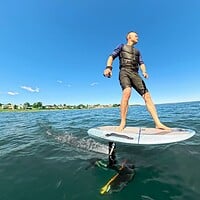
Where to buy Waydoo EVO Pro Plus:
The Waydoo EVO Pro Plus makes a compelling case for democratizing efoiling. While premium boards chase perfection, Waydoo focuses on accessibility—and largely succeeds.
This platform takes the lessons learned from the Flyer One Plus and applies them to a more beginner-friendly package. The result is an efoil that gets more people on the water faster, even if it sacrifices some enthusiast appeal.
After extensive testing with the 90-liter board, aluminum mast, and both the 1500 Explorer and Performance wings, the EVO Pro Plus proves that smart features can overcome raw performance gaps. The sensor-driven flight assist works remarkably well, maintaining stability even in challenging 3-foot waves.
For riders prioritizing ease of entry over ultimate performance, the EVO Pro Plus delivers genuine value. But there are compromises that experienced riders will notice immediately.
Things we like:
-
Flight assist that actually works in real conditions
-
Improved battery system with reverse charging capability
-
Stabilizer wing extender that helps beginners and recovery
-
Better controller with refined trigger feel
-
Price point that expands the sport's reach
Things we don't like:
-
Heavier and more cumbersome than the Flyer One Plus
-
Setup process takes longer than expected
-
Flight assist limits freedom for confident riders
-
Build quality doesn't match premium competitors

Where to buy Waydoo EVO Pro Plus:
- Board Sizes: 90L (tested)
- Ride Time: Up to 21 miles with 45Ah battery
- Motor: 6,000W with real-time monitoring
- Starting Price: ~$6,300-7,000
What Sets the EVO Pro Plus Apart
The standout feature is the flight assist system. Unlike gimmicky “auto-level” modes on other boards, Waydoo’s sensors actually maintain hover height dynamically. It’s not just marketing—this thing works.
I tested it in conditions where most beginners would struggle: choppy 3-foot waves with gusty winds. The board maintained stable flight without the constant micro-adjustments that typically exhaust new riders. The sensors respond fast enough to feel natural rather than fighting your inputs.
But here’s the catch: once you’re comfortable on foil, that same assistance becomes restrictive. Experienced riders will find themselves wanting more direct control, especially for aggressive carving or wave riding. You can dial it back, but it never fully disappears.
The stabilizer wing extender proves its worth for beginners and safety. When the motor breaches—and it will—recovery is noticeably easier. The extended stabilizer provides more surface area to regain control, turning potential crashes into teachable moments.
Setup and Portability Reality Check
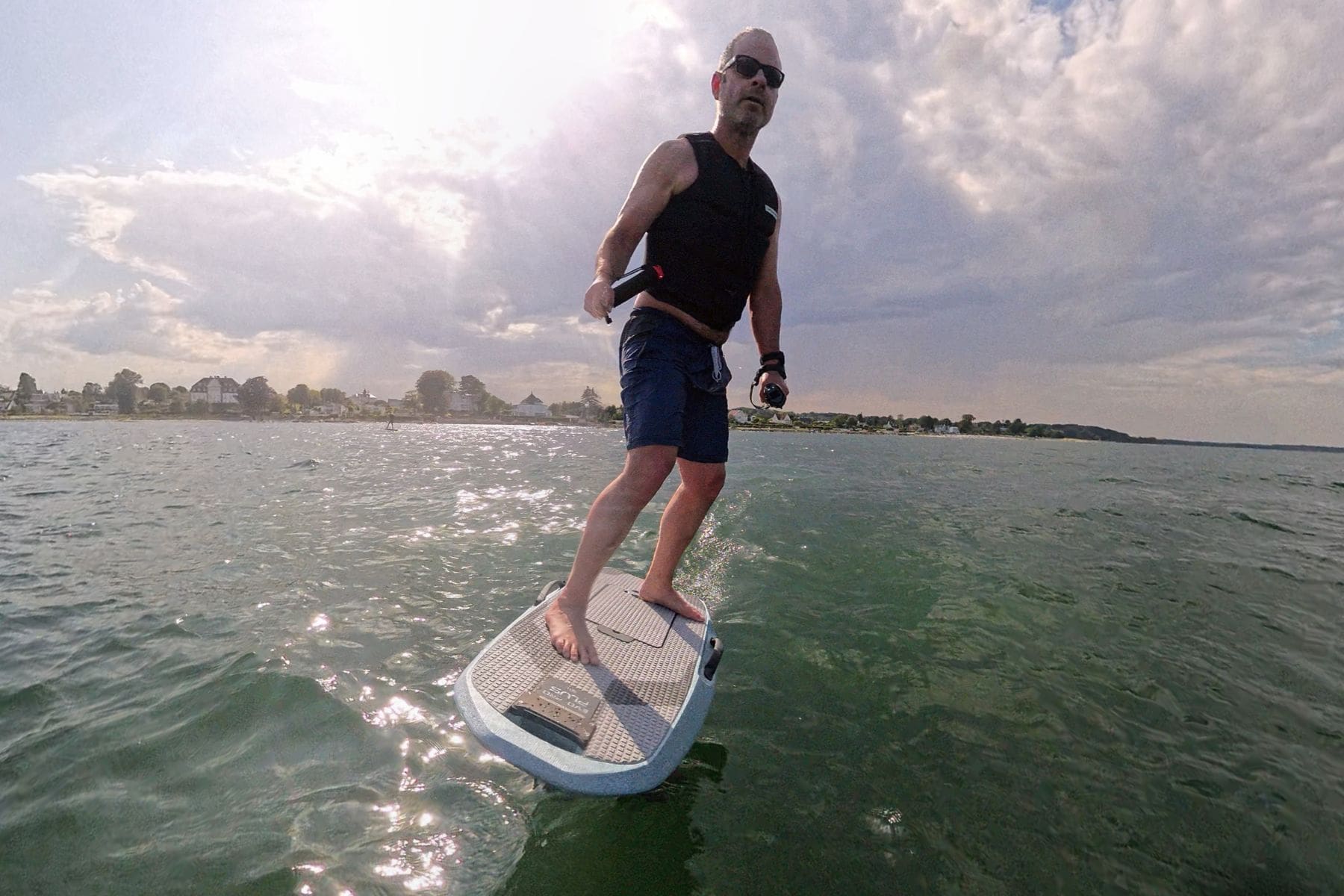
Here’s where the EVO Pro Plus stumbles compared to its predecessor. The Flyer One Plus spoiled us with genuinely quick assembly. This board demands more time and patience.
The 90-liter board is noticeably heavier and more awkward to maneuver on land. Getting it to the water solo is doable, but not elegant. The assembly process, while not complex, involves more steps and takes longer than I’d prefer for frequent sessions.
Weight matters more than specs suggest. After a long session, hauling this board back to the car feels like work in a way the Flyer One Plus never did.
Battery and Controller Improvements
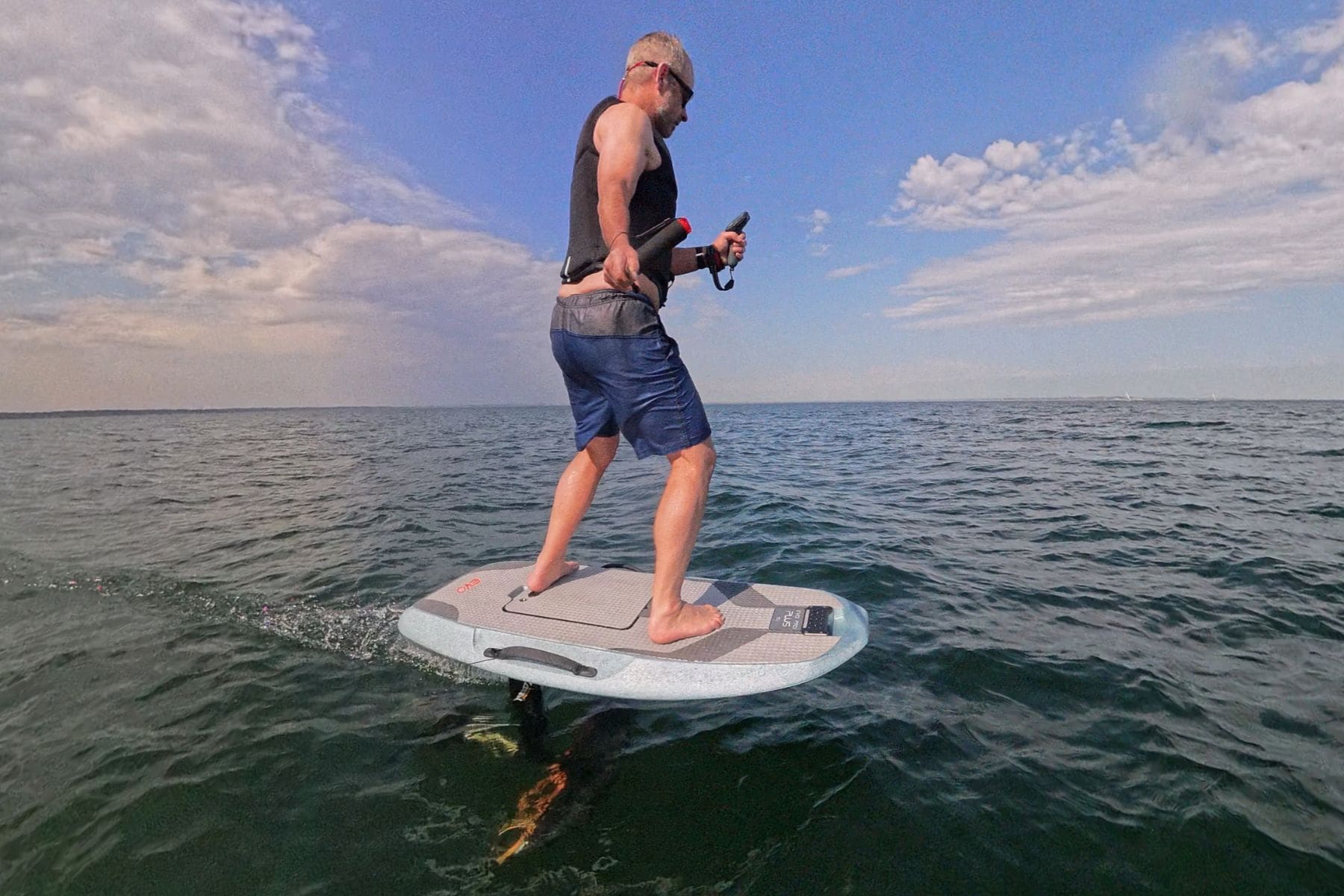
Waydoo nailed the battery upgrade. The 45Ah Powerflight unit charges fast (roughly an hour) and provides real-time percentage display that’s actually useful. No more guessing about remaining ride time.
The reverse charging feature is clever—using the battery as a power bank for phones or cameras. It’s not revolutionary, but it’s the kind of thoughtful addition that shows Waydoo understands how people actually use these boards.
The controller refinements are subtle but meaningful. The longer trigger throw provides better throttle finesse, essential when the flight assist is actively managing your hover height. The bright, full-color screen displays angle, speed, wattage, and battery status clearly even in bright sun.
Unlike some other platforms you can change the performance settings while in the water. That comes in handy when adjusting the flight assist level.
How It Stacks Against Competition
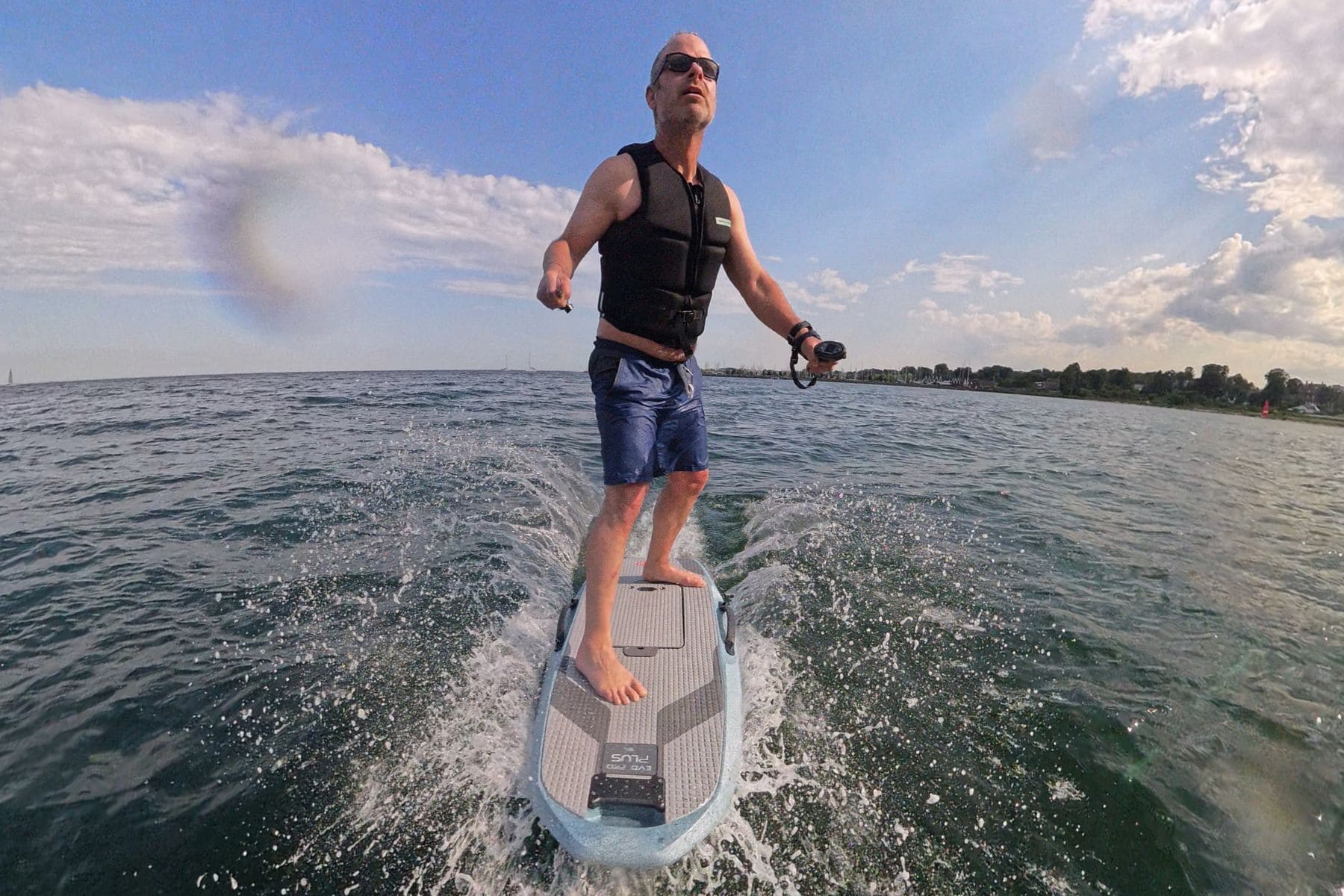
The most direct comparison is the SiFly Rider platform. Both target the accessible end of the market with similar pricing, but they make different compromises.
The EVO Pro Plus edges out SiFly on price by a slim margin while offering superior performance in most conditions. The flight assist gives it a clear advantage for beginners, and the build quality, while not premium, feels more solid than SiFly’s offerings.
However, SiFly maintains advantages in portability and simplicity. Their boards are lighter and faster to assemble, trading some performance for convenience. For riders prioritizing easy transport and quick sessions, SiFly remains compelling.
Against premium competitors like Fliteboard or Lift, the gaps are obvious but expected. The EVO Pro Plus can’t match their build quality, refinement, or long-term scalability. But at roughly half the price, it doesn’t need to.
Flight Experience and Performance
Once assembled and on the water, the EVO Pro Plus delivers on its promises. The 6,000W motor provides ample power for most riders, with good torque for getting up and maintaining speed in varied conditions.
The 1500 Explorer wing offers stability and forgiveness that beginners will appreciate. It’s not the most exciting wing for experienced riders, but it builds confidence effectively. The Performance wing livens things up considerably while remaining manageable for intermediate riders.
Ride quality is good—not exceptional, but satisfying. The aluminum mast provides adequate stiffness without the premium feel of carbon alternatives. Vibration is well-controlled, and the overall experience feels solid if not refined.
Range testing confirmed Waydoo’s claims. Even with spirited riding, the battery easily handled extended sessions without range anxiety becoming a factor.
Final Thoughts and Recommendation
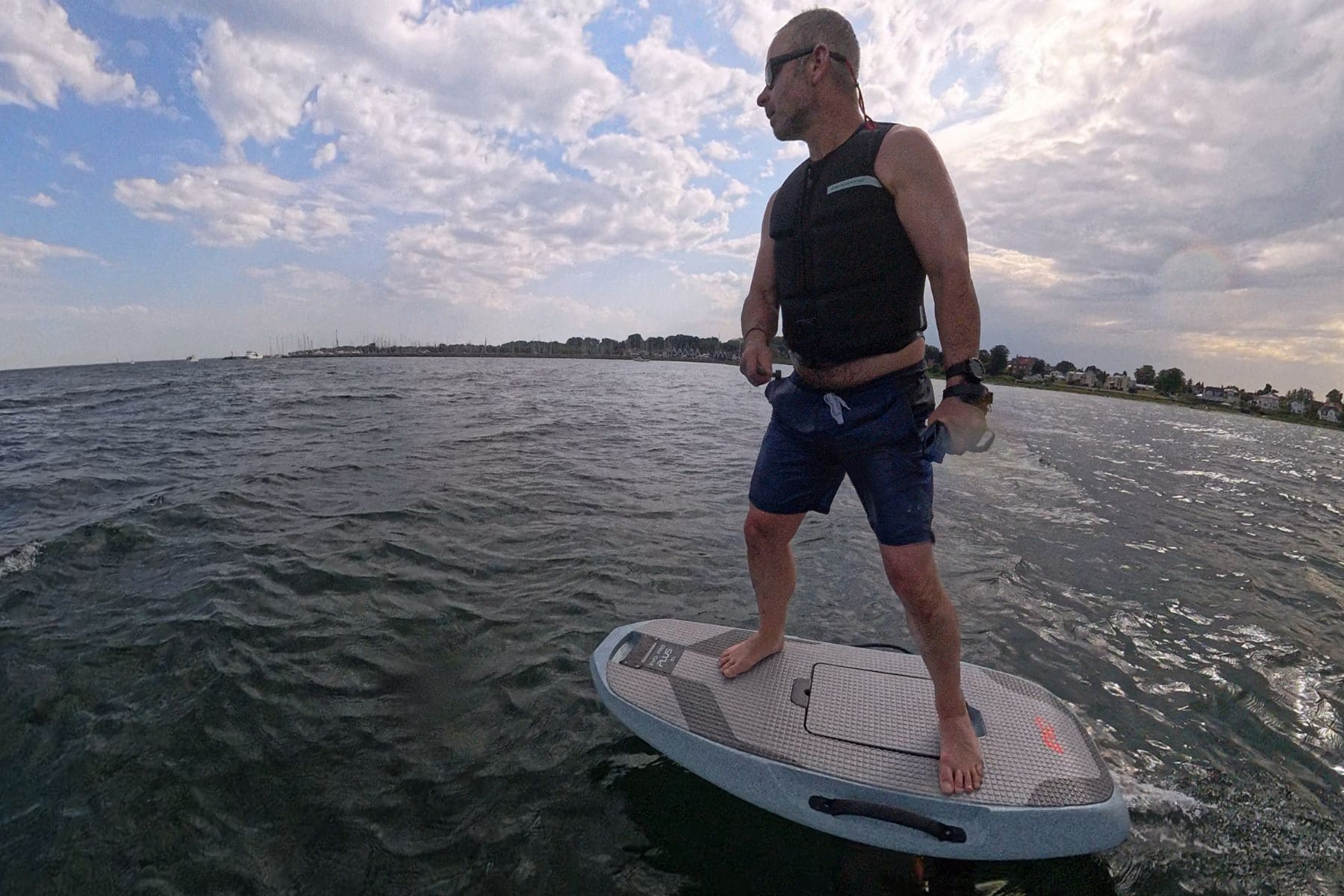
The EVO Pro Plus succeeds at its primary mission: making efoiling more accessible. The flight assist genuinely helps beginners progress faster, and the overall package removes enough barriers to get more people on the water.
But it’s not trying to be the best efoil—it’s trying to be the most approachable. The setup compromises and weight penalties are real, but they’re offset by features that serve the target audience well.
For experienced riders considering a step-down board for guests or as a backup, the limitations will be frustrating. But for newcomers to the sport or riders prioritizing ease over performance, the EVO Pro Plus represents solid value.
At $6,300-7,000, it sits in the sweet spot between budget options that compromise too much and premium boards that cost too much. It’s not perfect, but it’s good enough to grow the sport—and that matters more than any individual limitation.
Things we like:
-
Flight assist that actually works in real conditions
-
Improved battery system with reverse charging capability
-
Stabilizer wing extender that helps beginners and recovery
-
Better controller with refined trigger feel
-
Price point that expands the sport's reach
Things we don't like:
-
Heavier and more cumbersome than the Flyer One Plus
-
Setup process takes longer than expected
-
Flight assist limits freedom for confident riders
-
Build quality doesn't match premium competitors

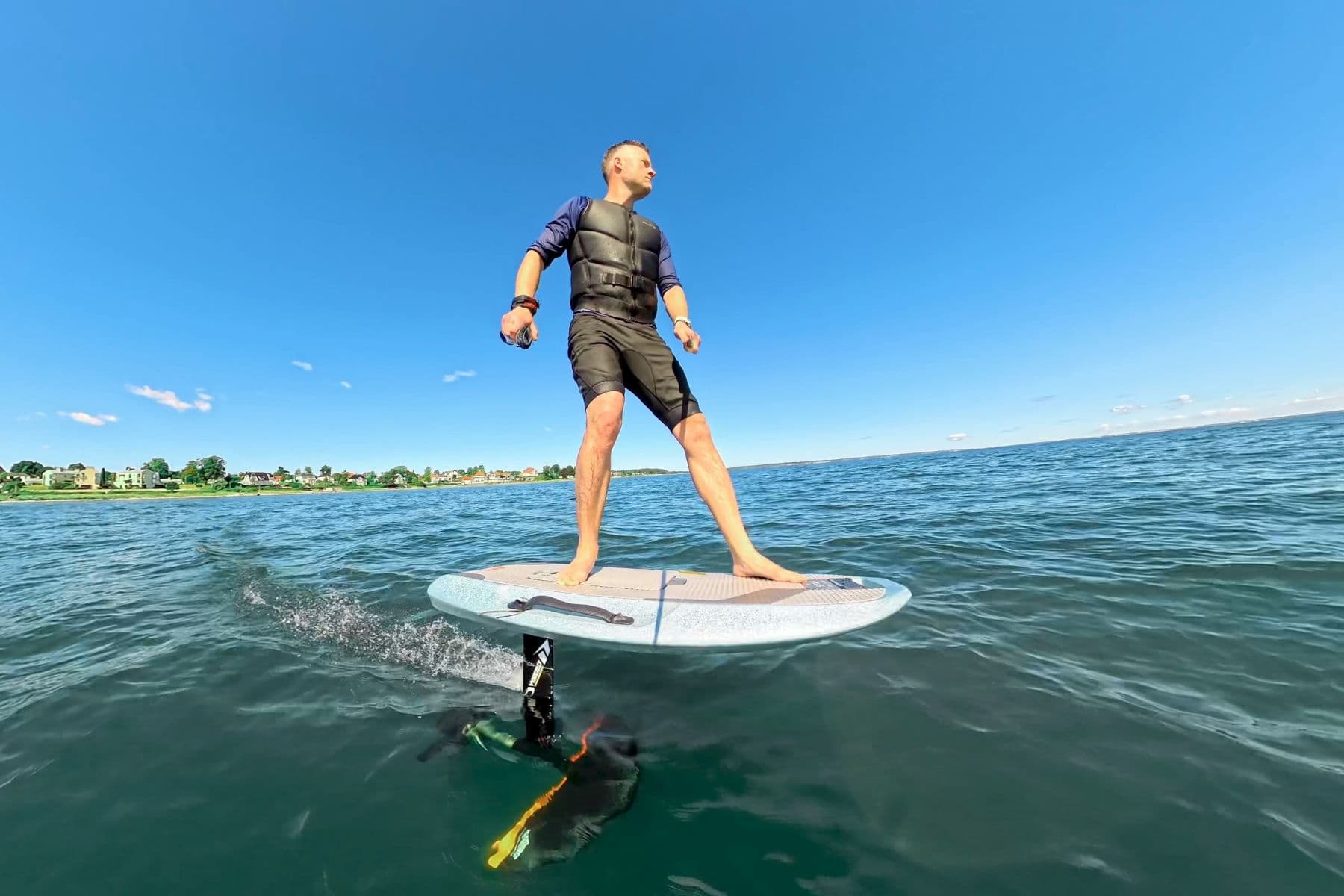
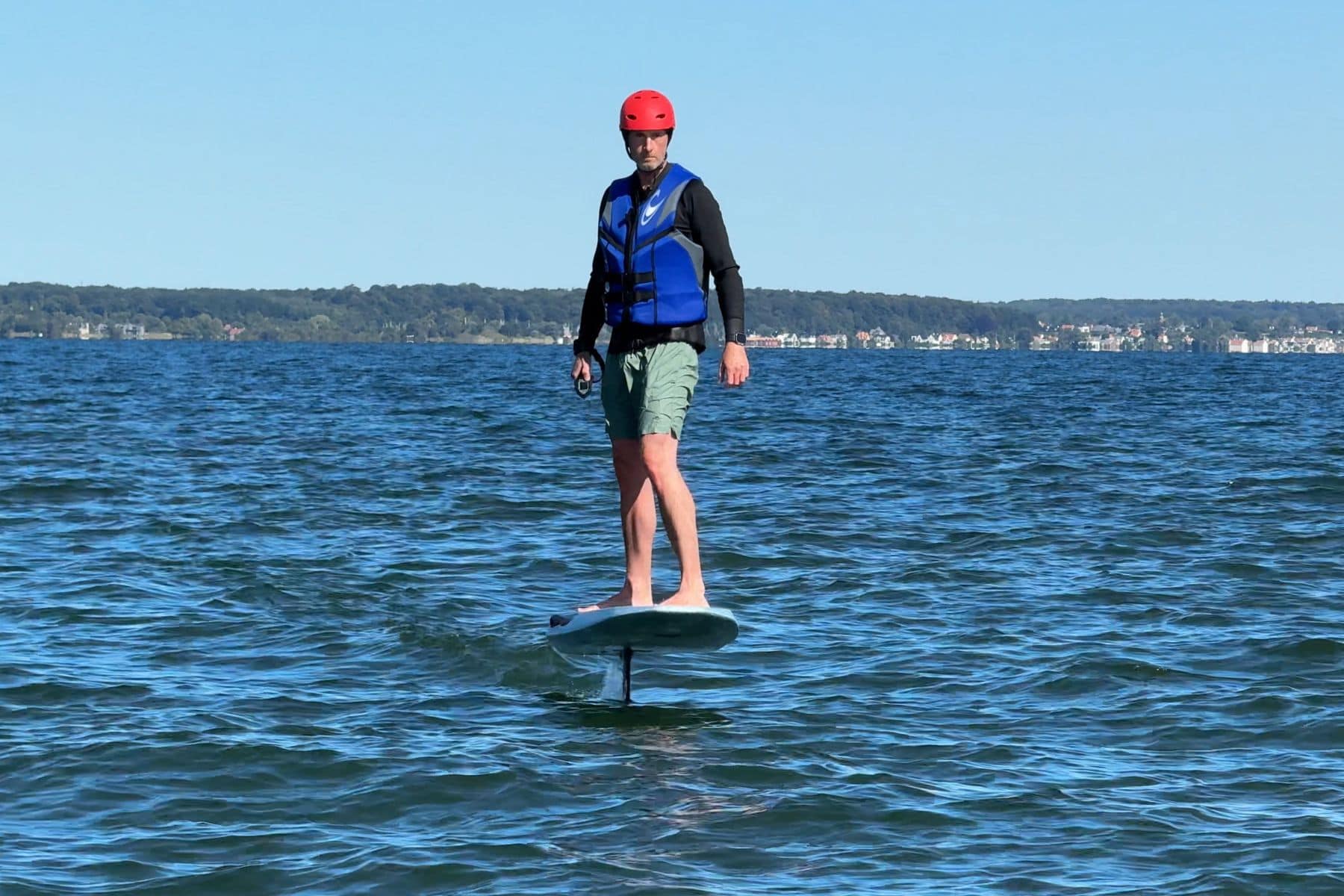
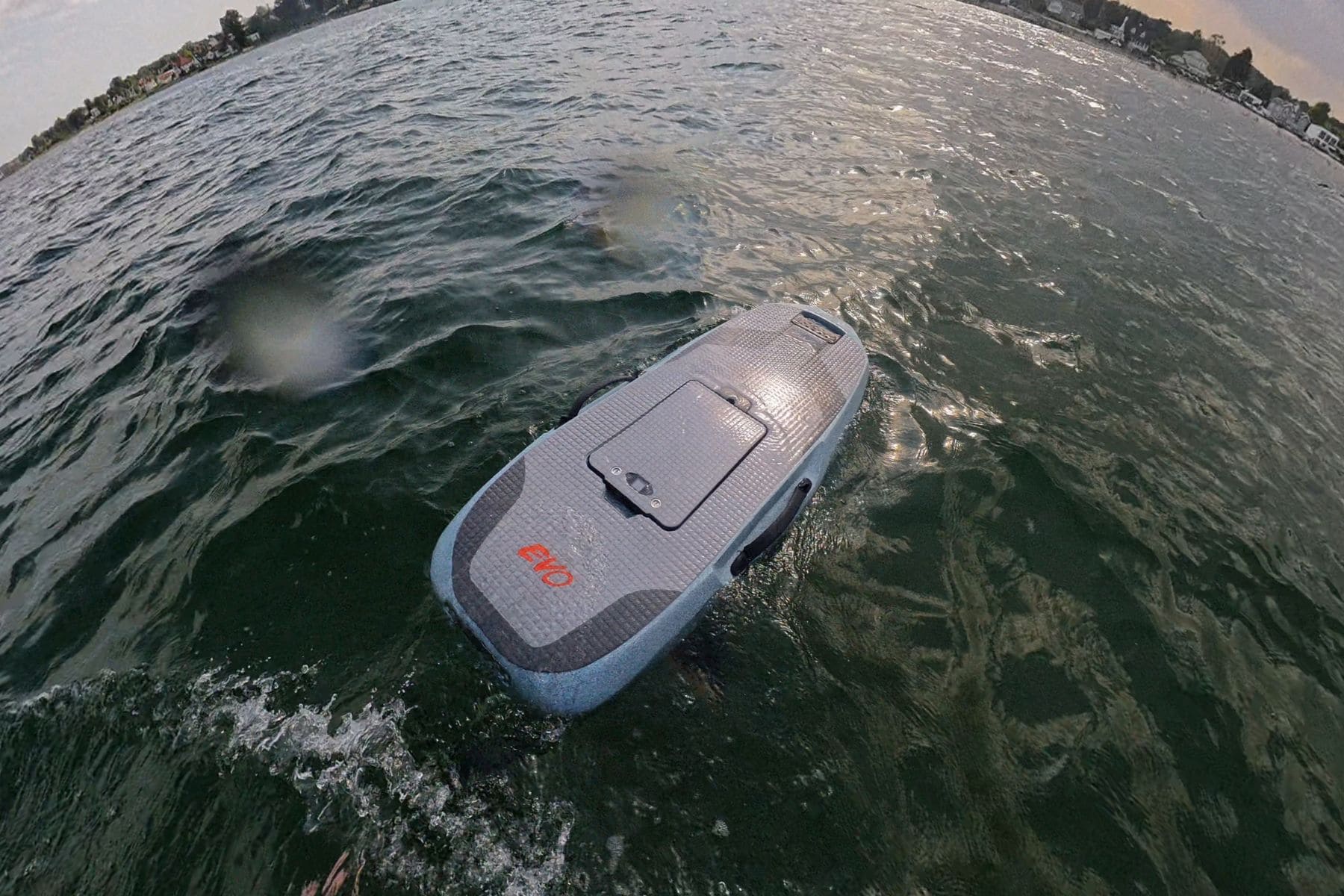
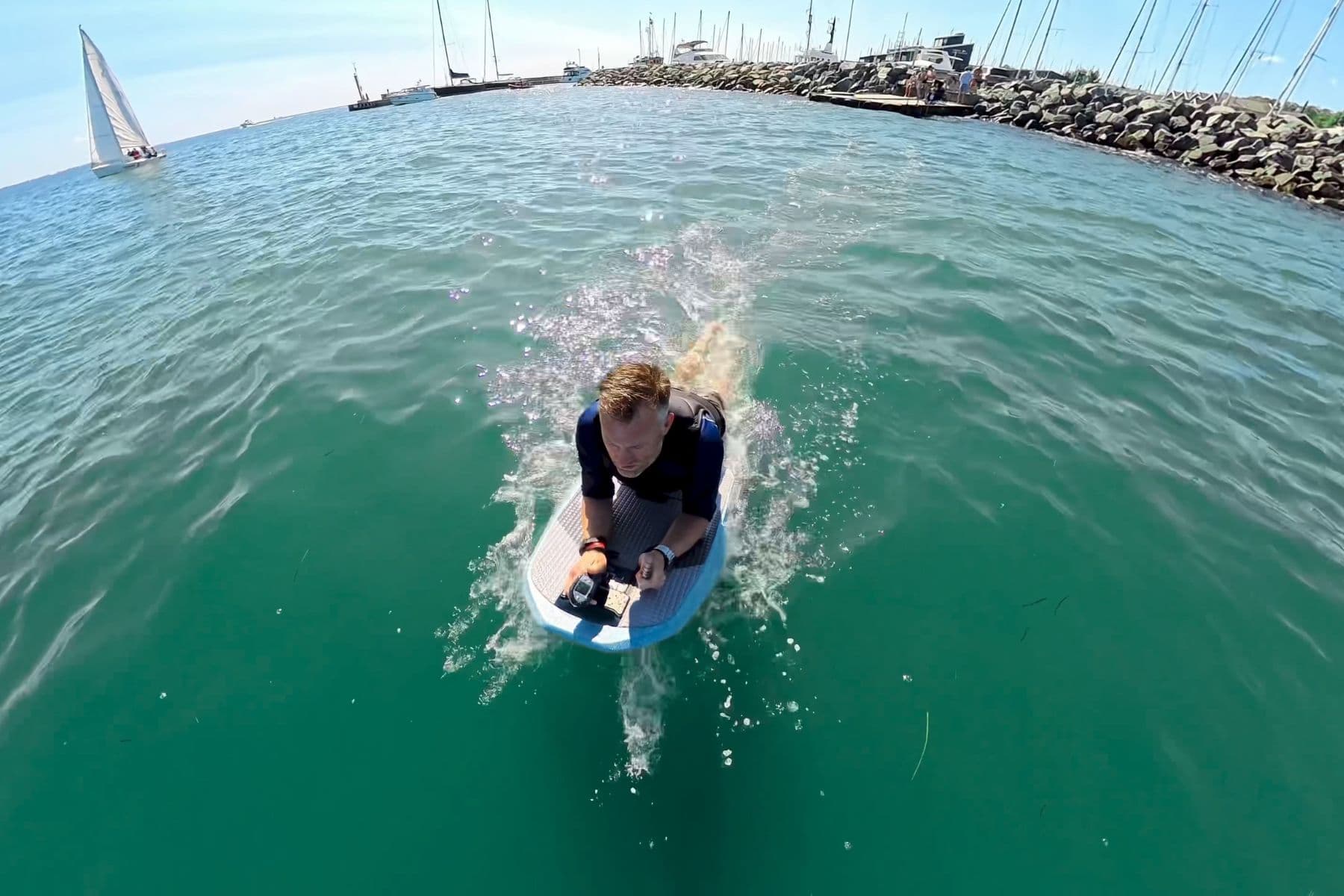
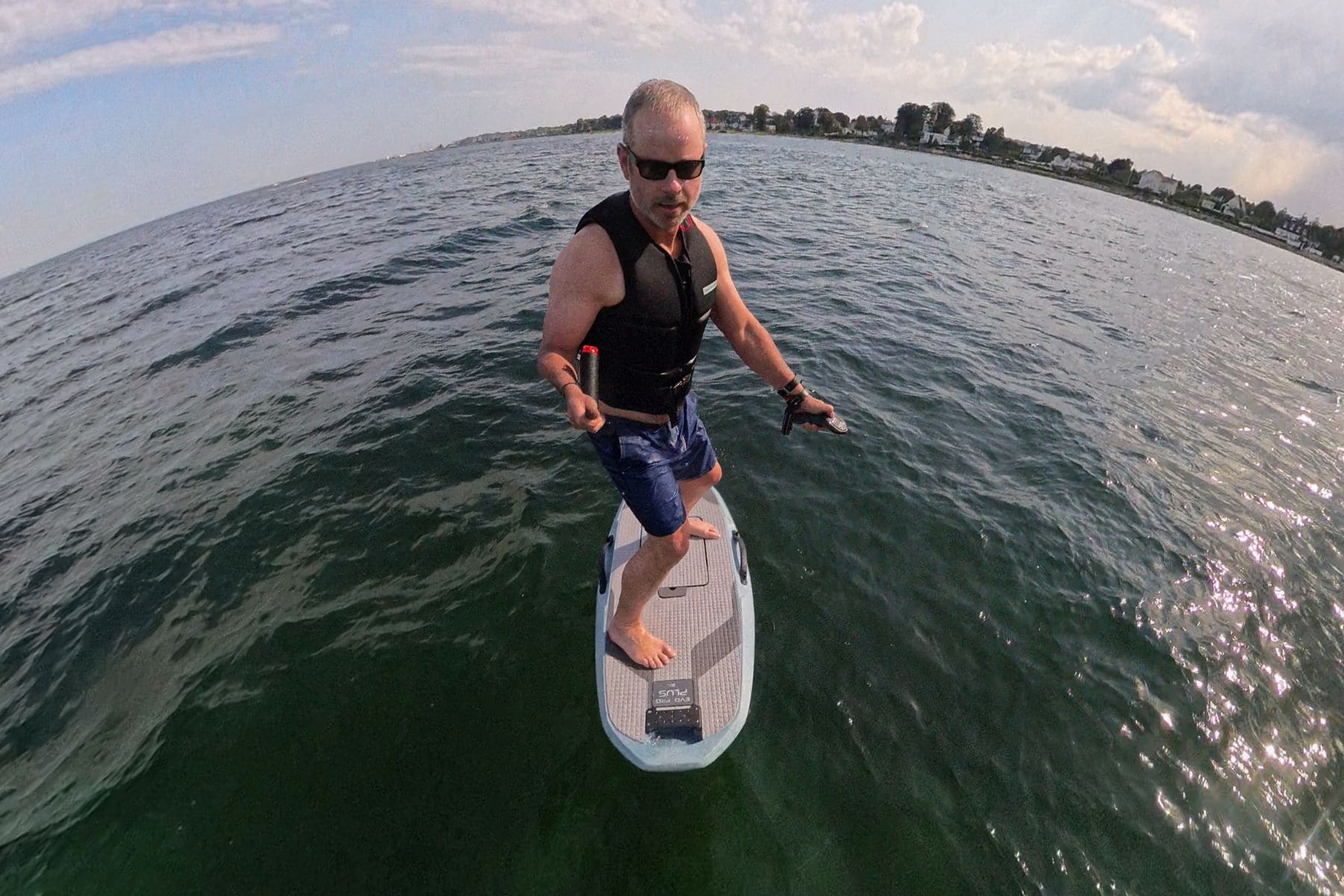

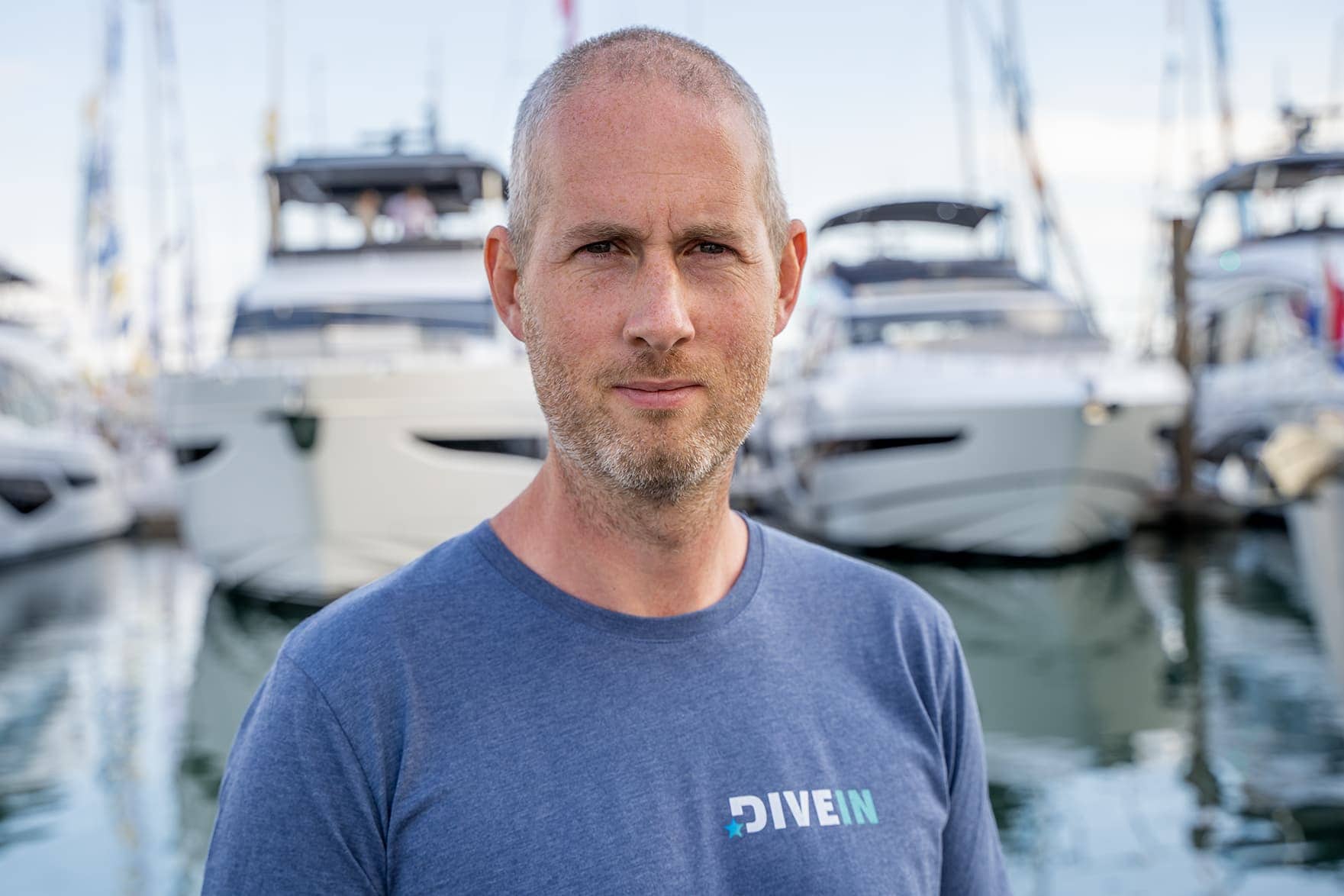


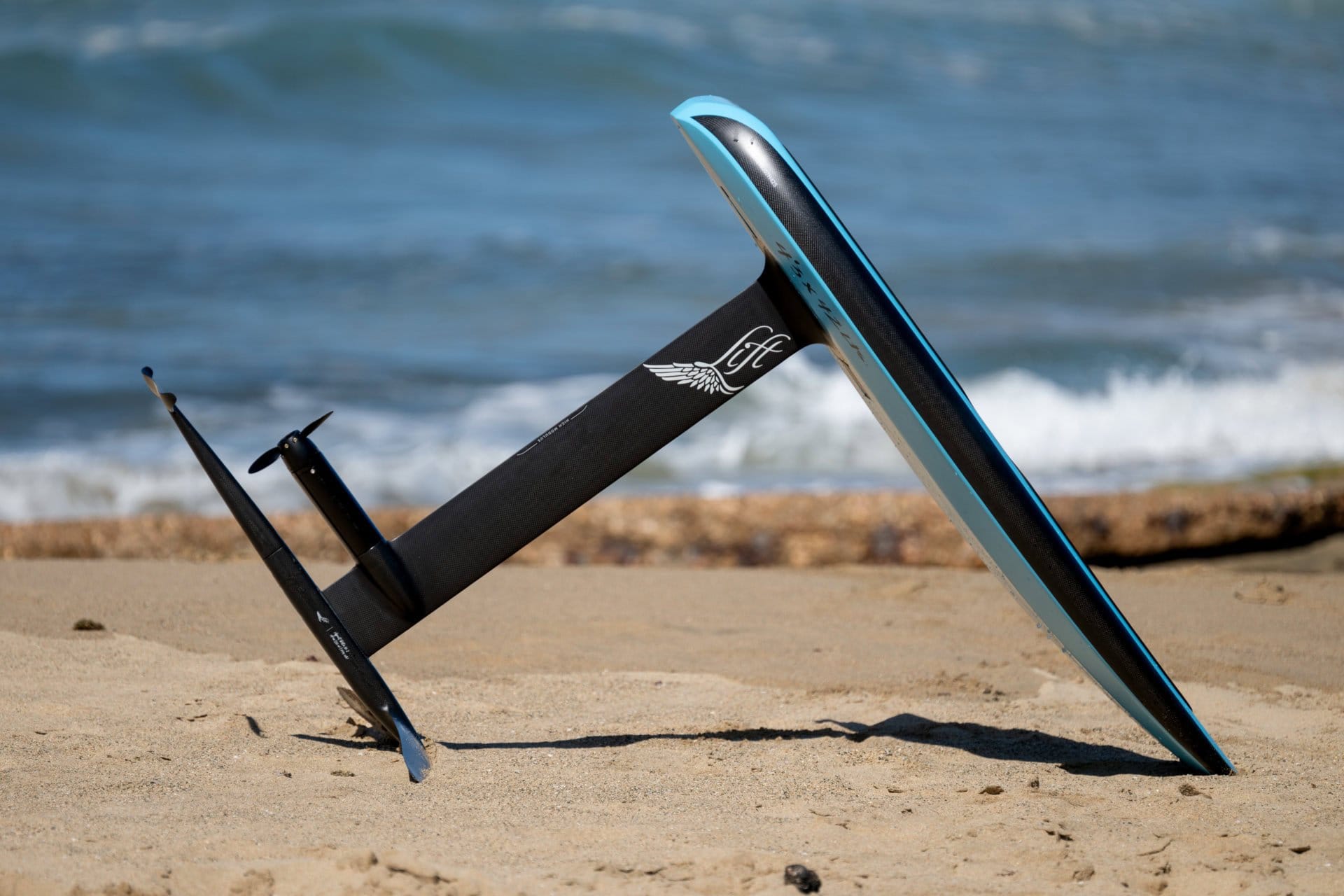

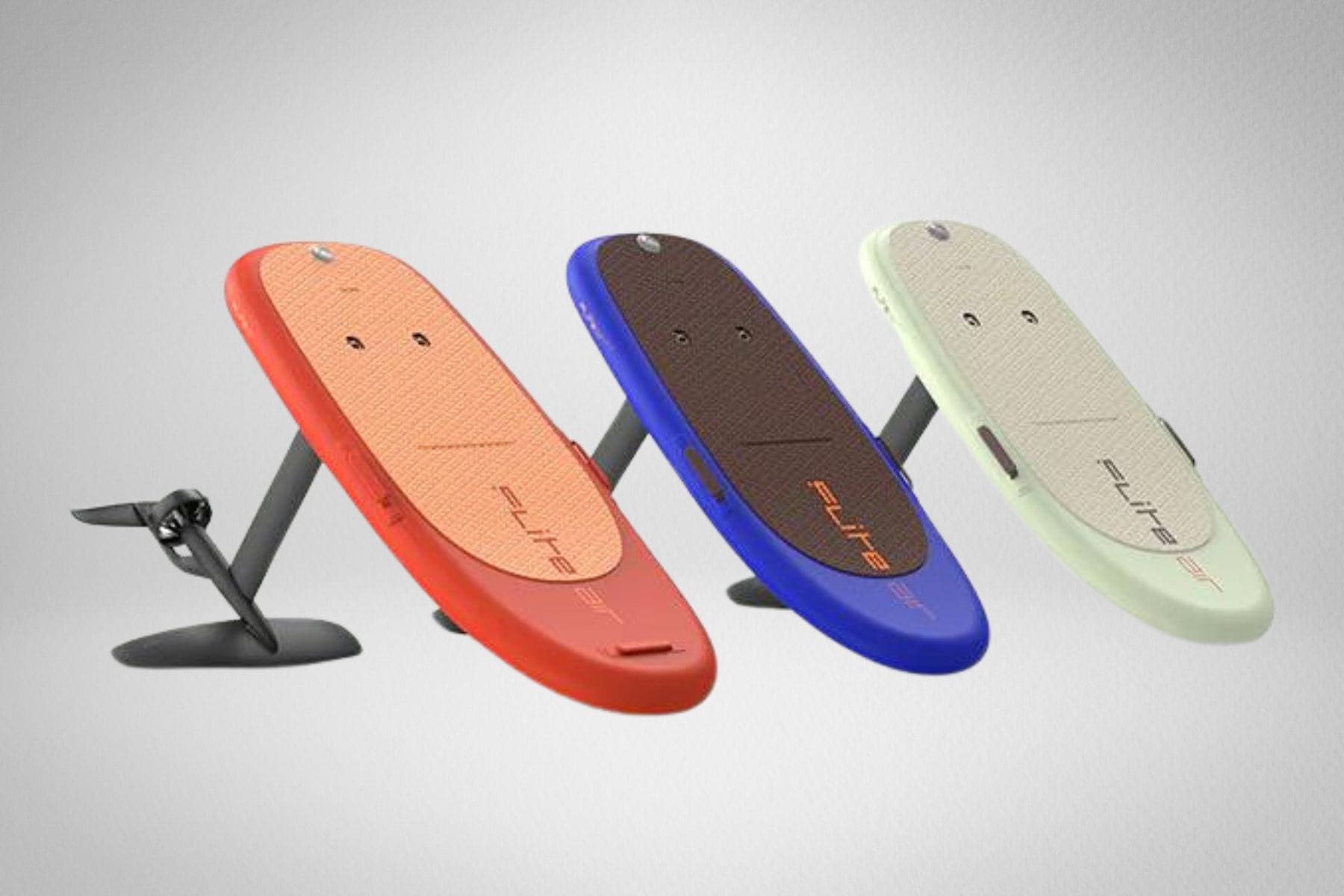
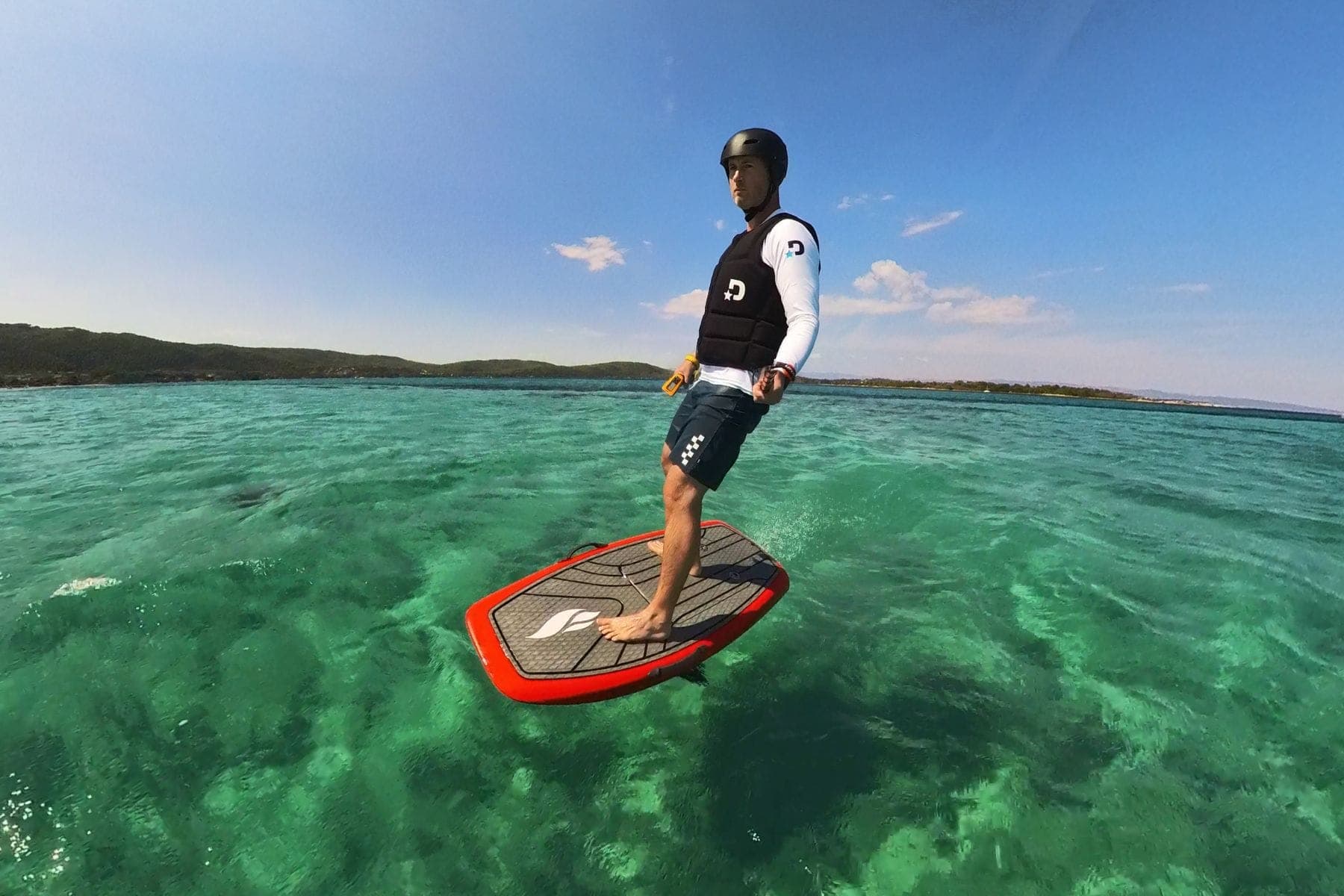
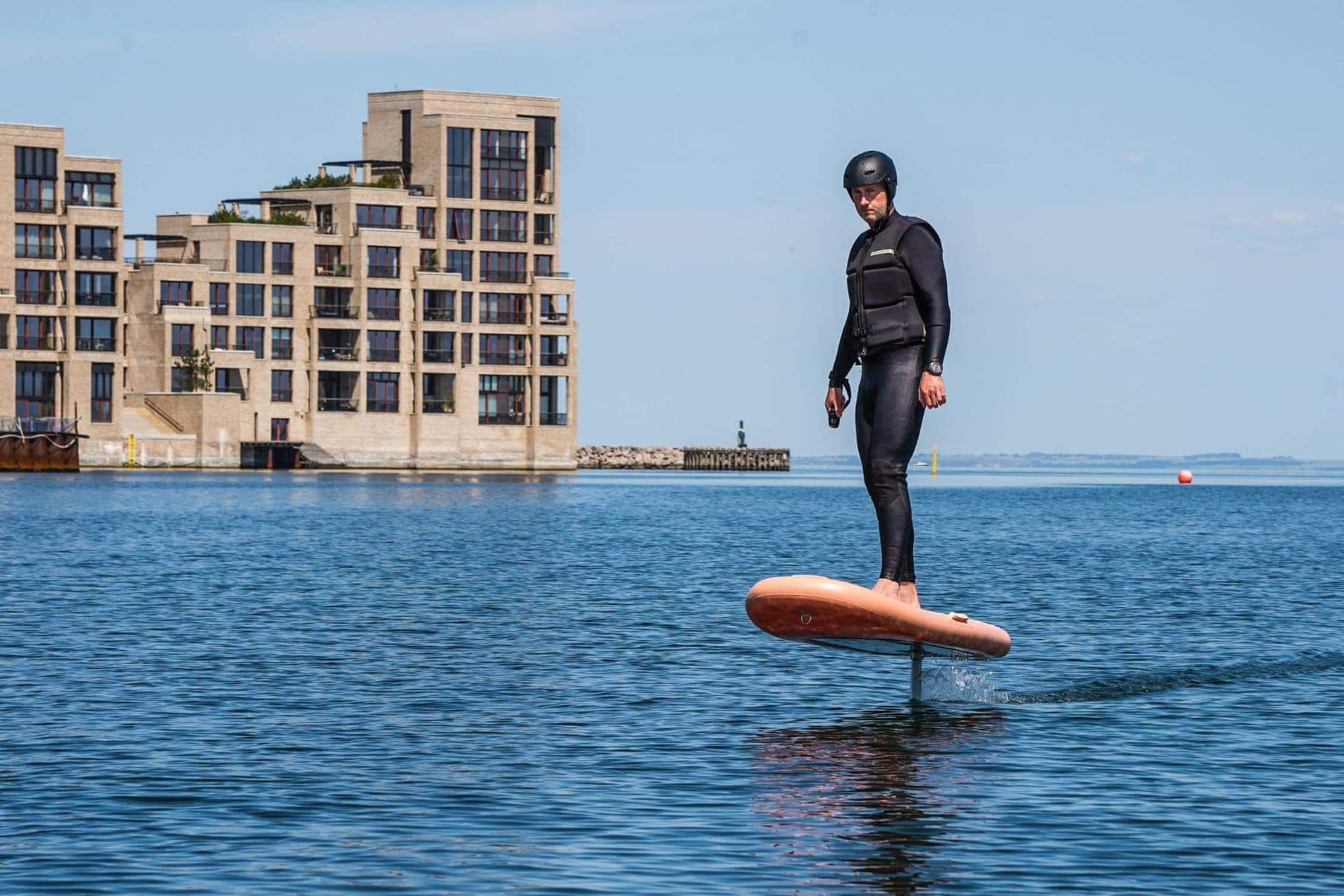

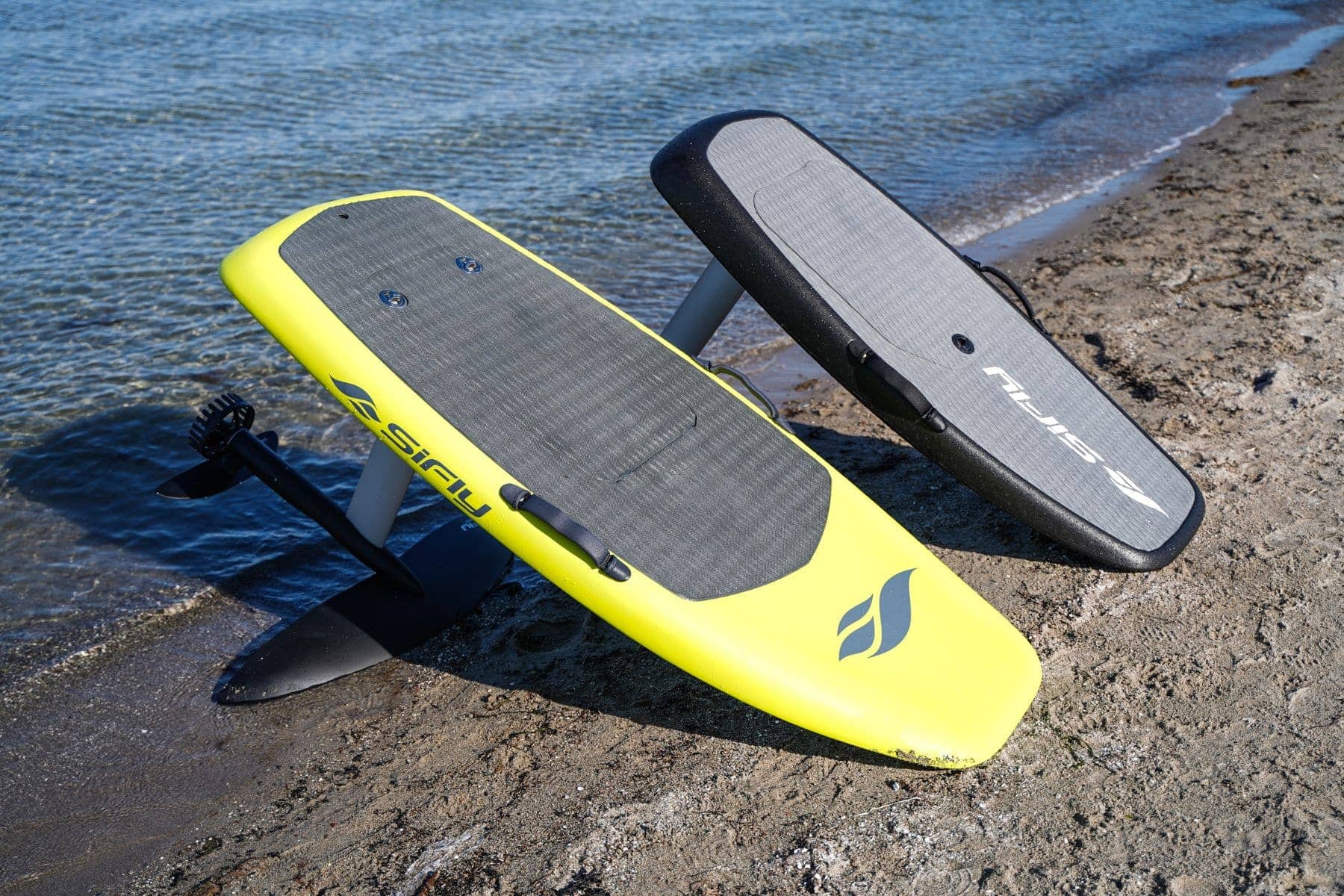

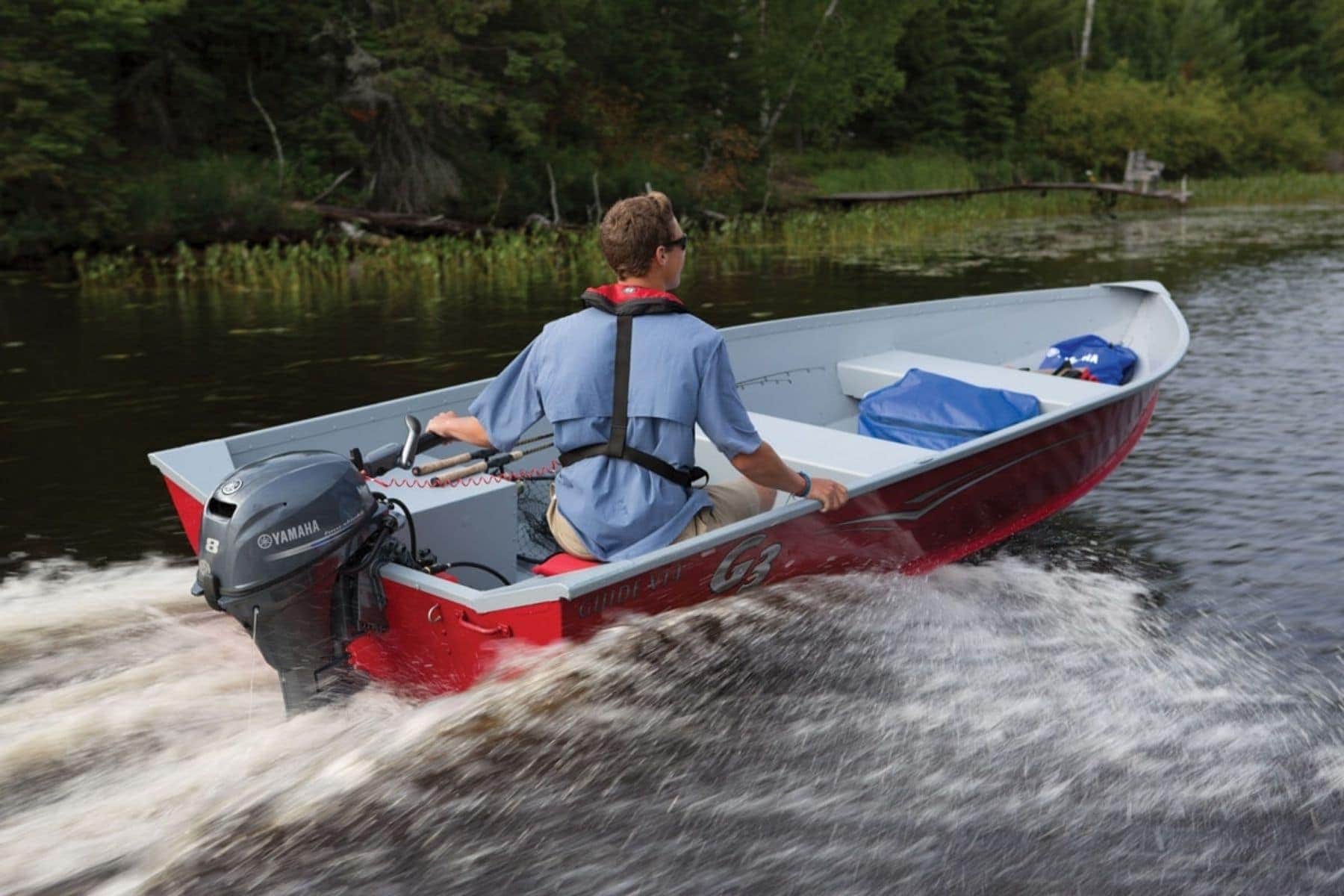
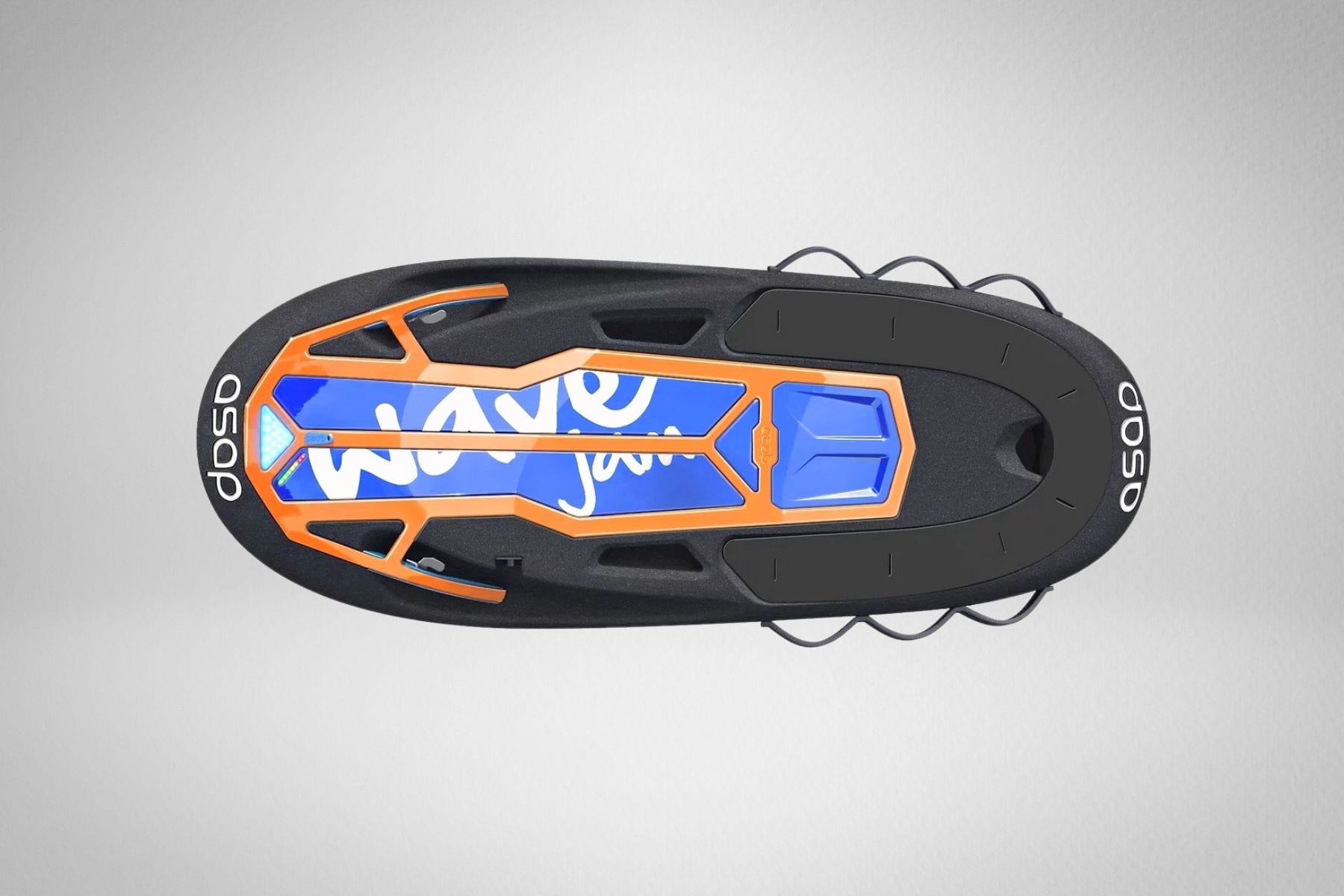
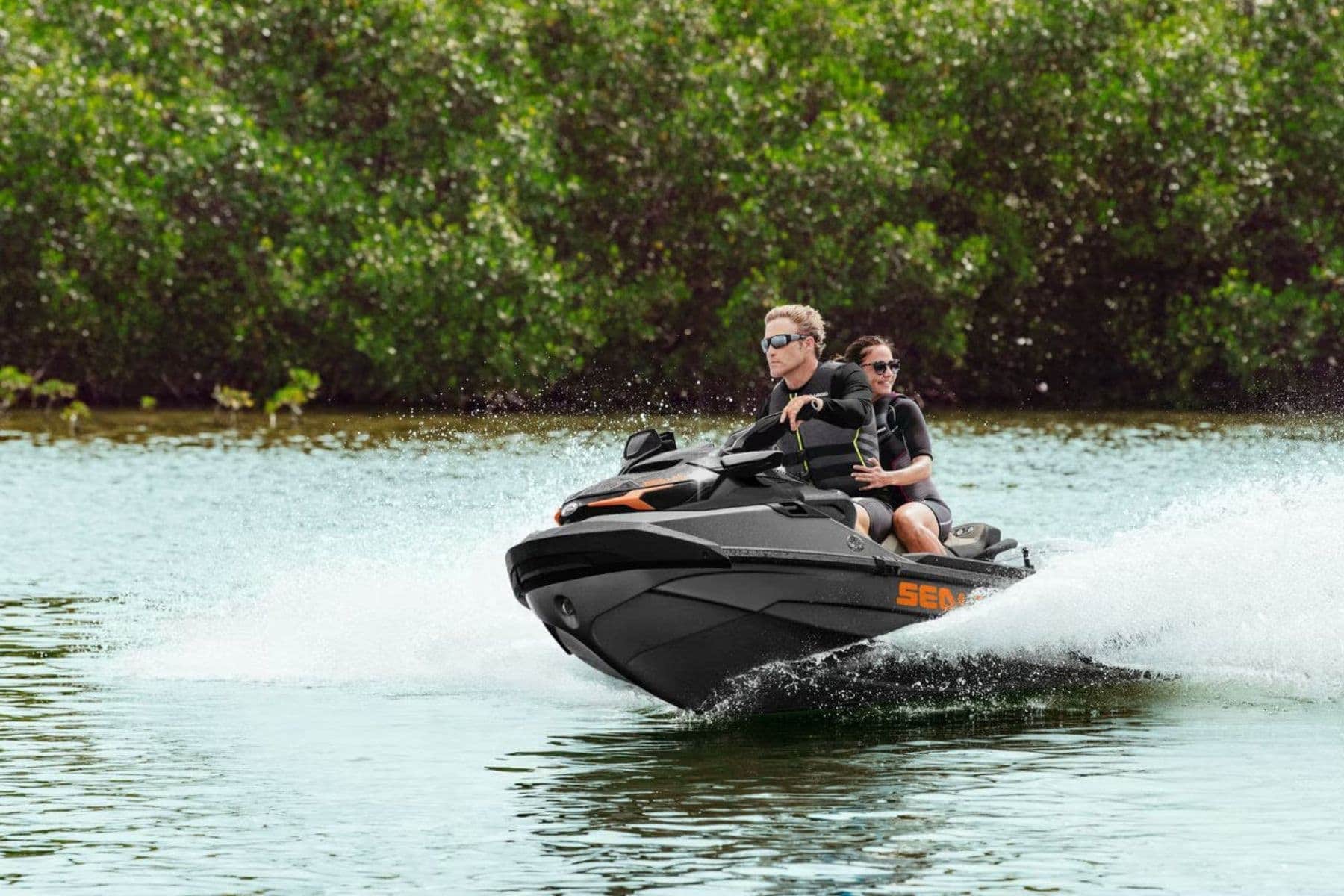
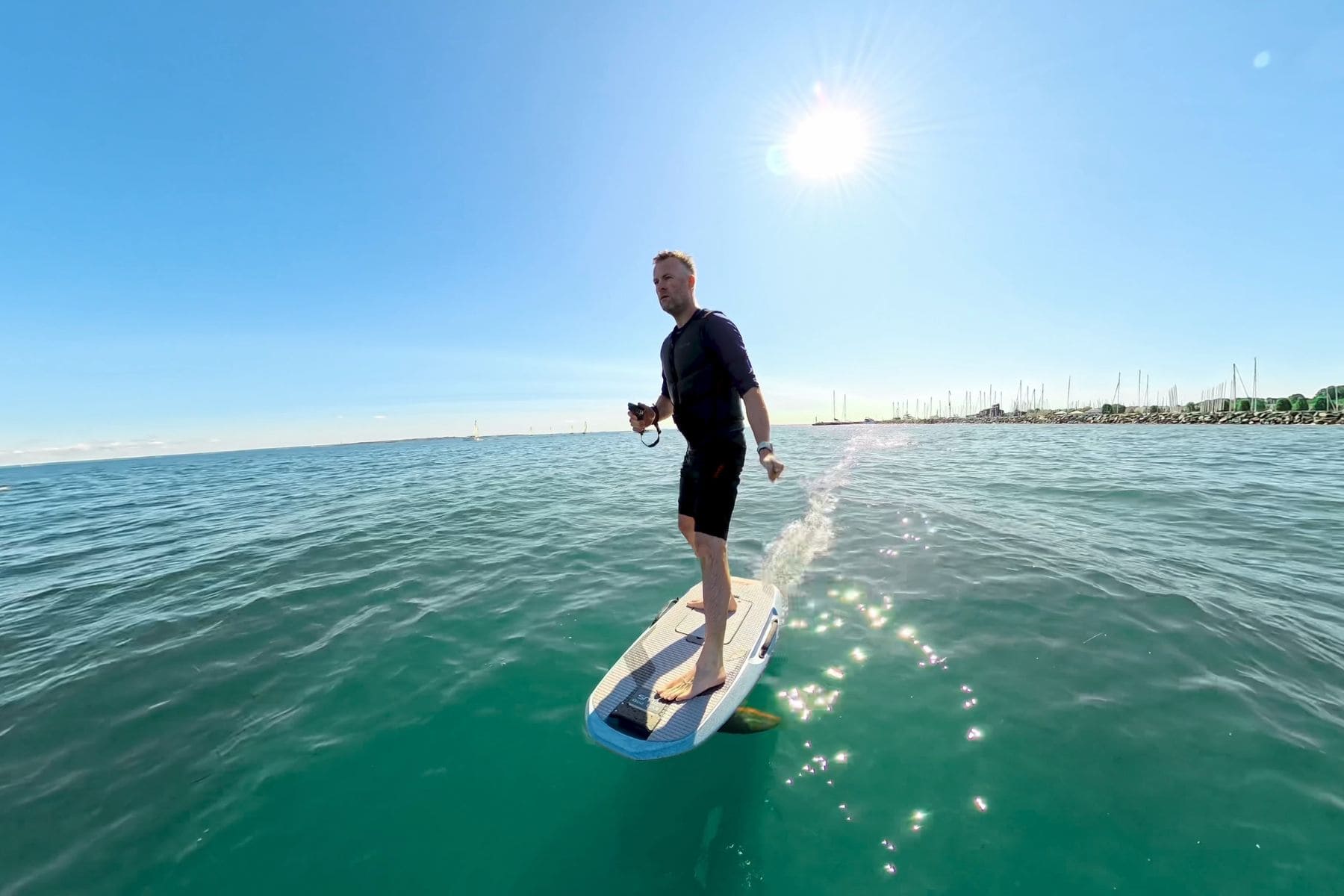
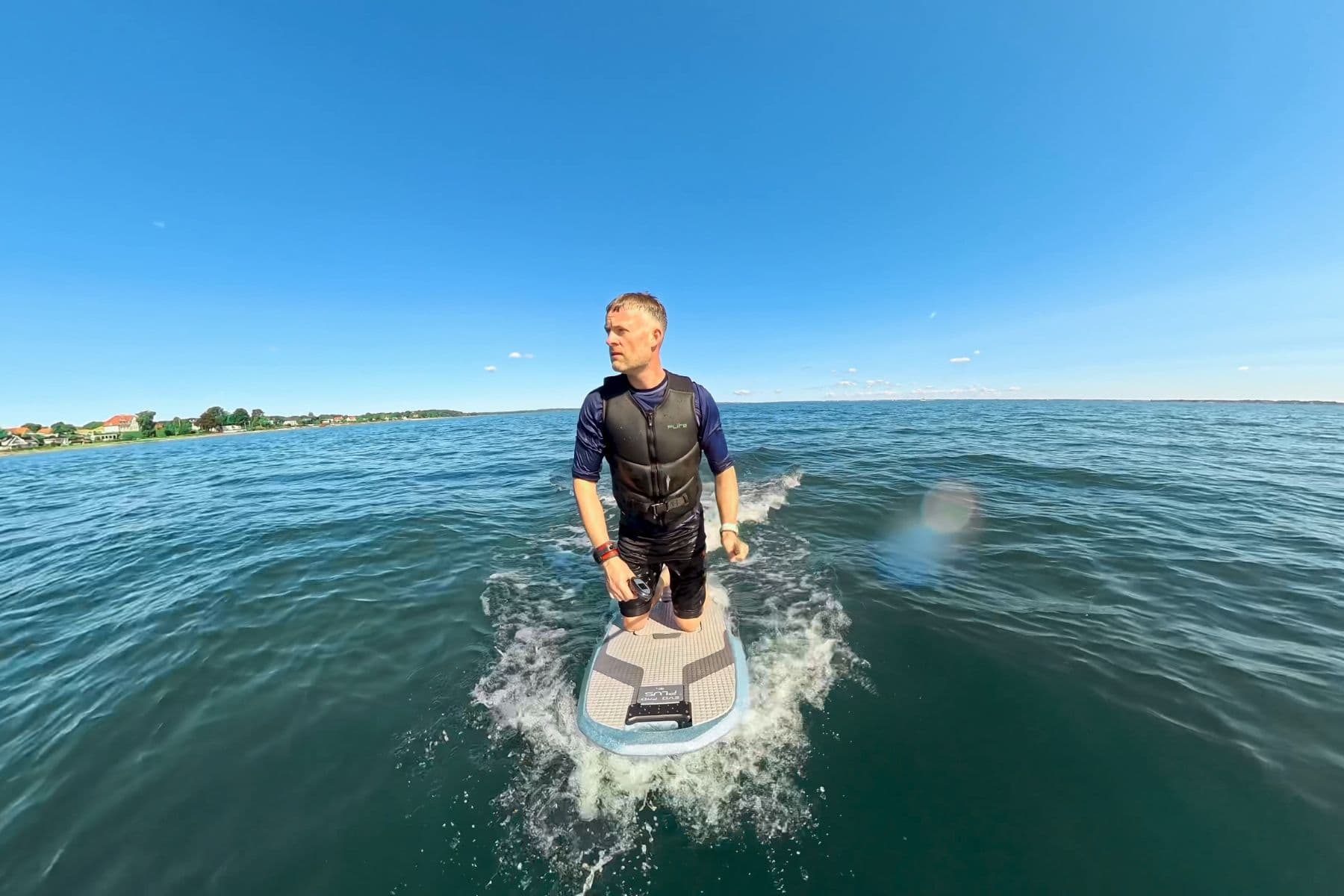
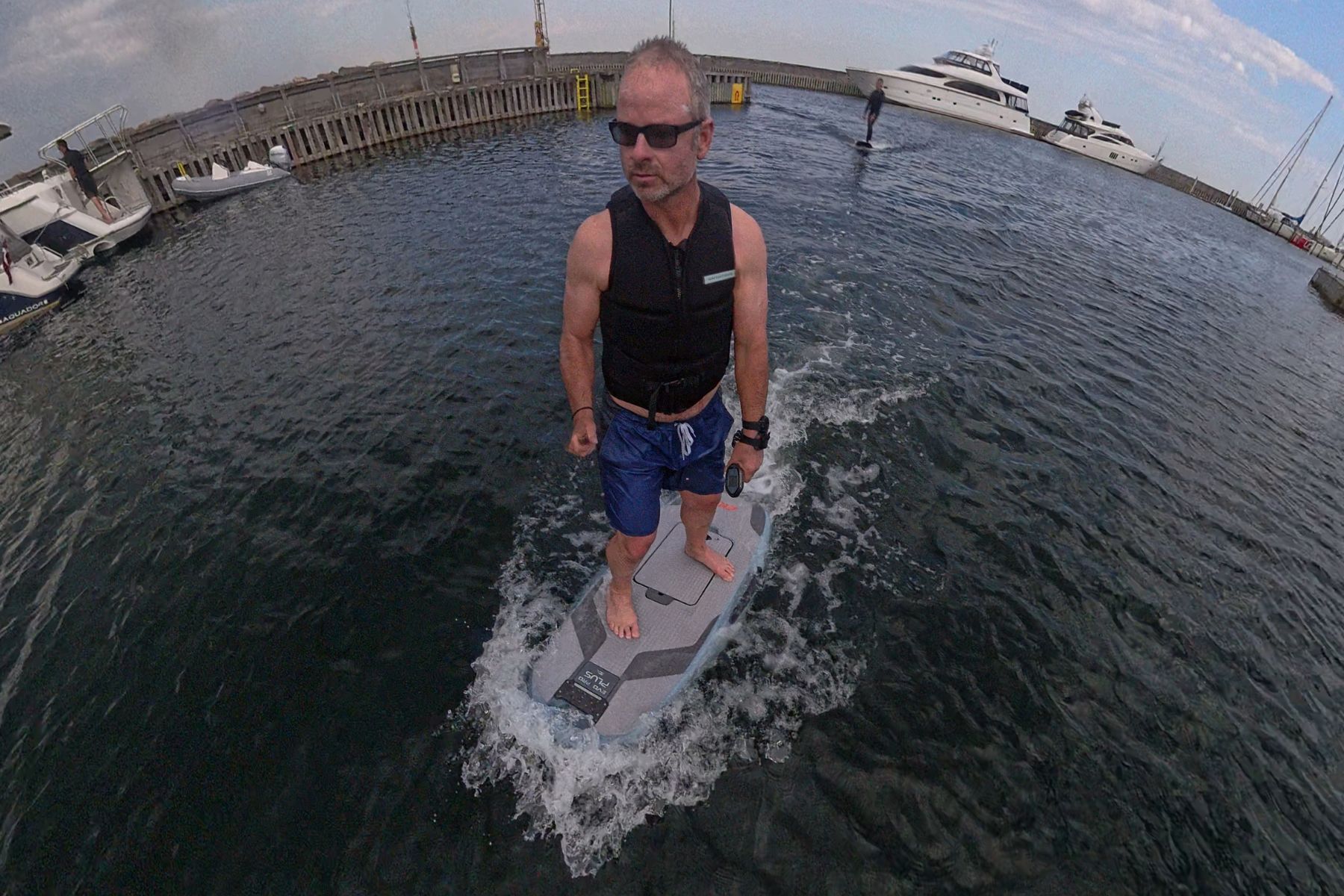
 Back
Back

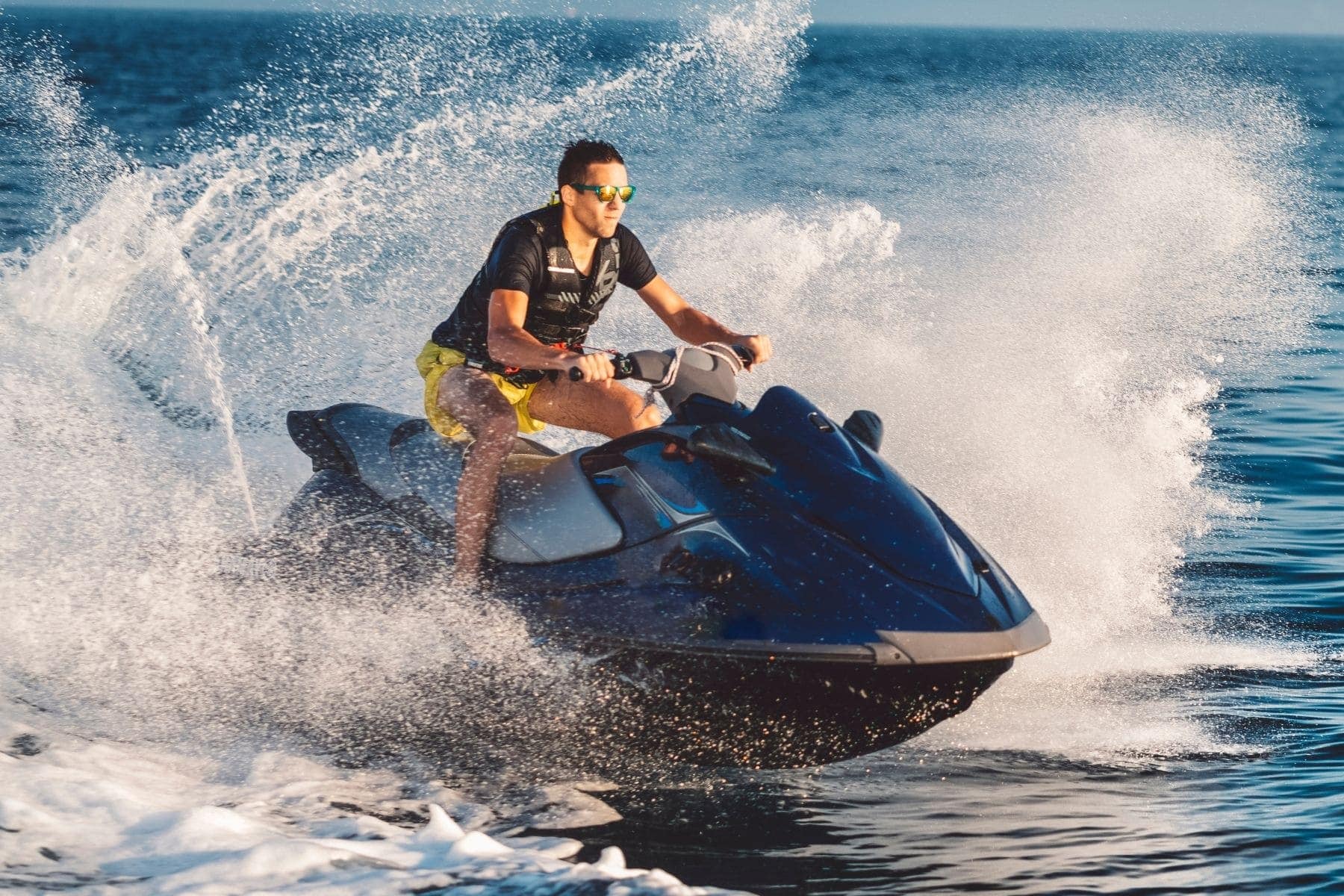
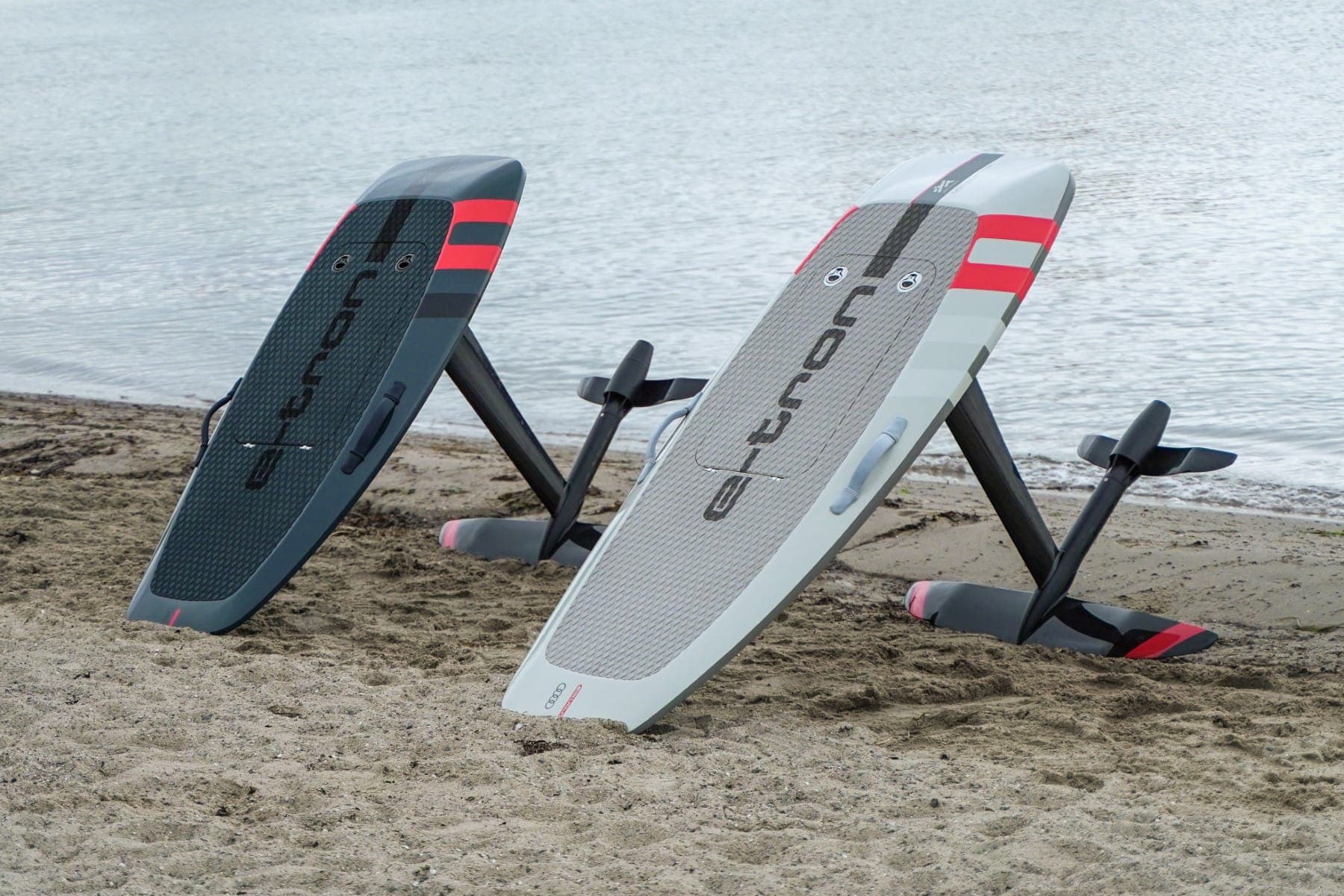
Comments